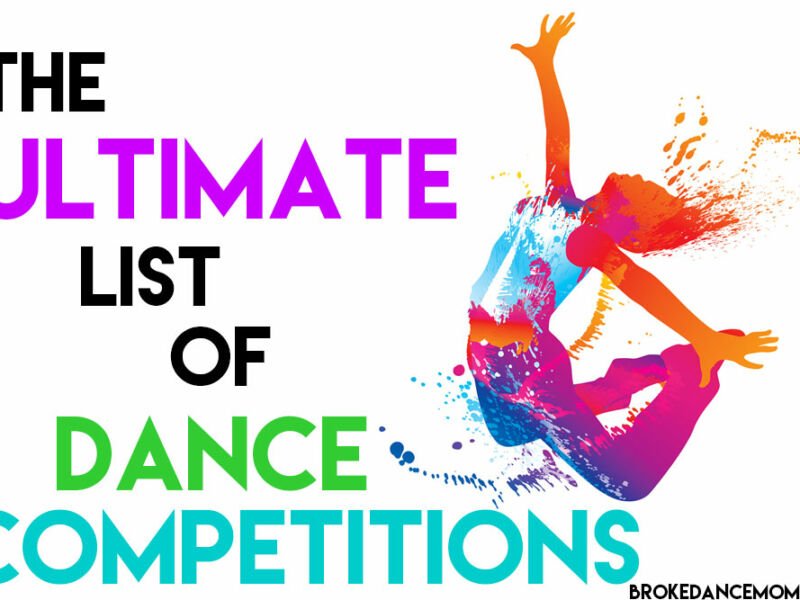
Dance Competitions: A Journey of Self-Discovery
Dance competitions have become a significant part of the dance industry, offering dancers a platform to showcase their skills and talents. Beyond the glitz and glamour of the performances, these competitions play a crucial role in shaping dancers’ self-confidence. This article delves into the impact of dance competitions on dancers’ self-assurance and the various factors that contribute to their growth.
The Competitive Environment and Self-Assurance
Dance competitions create an environment that fosters both camaraderie and competition among dancers. The rigorous training, intense rehearsals, and high-stakes performances push dancers to test their limits and strive for excellence. Within this environment, dancers are constantly challenging themselves and aiming to surpass their personal best. As they witness their own progress and receive recognition for their achievements, their self-assurance grows.
Validation and Recognition
Competing against talented dancers from different backgrounds allows dancers to gain recognition and validation for their hard work and dedication. The positive feedback from judges, fellow competitors, and audiences reinforces their belief in their abilities and strengthens their self-confidence. This validation serves as a significant motivator, encouraging dancers to continue honing their skills and pushing their boundaries.

Constructive Criticism and Growth
While positive feedback is essential, dance competitions also provide an opportunity for dancers to receive constructive criticism from experts in the field. Judges’ feedback focuses on areas that require improvement, helping dancers identify their weaknesses and work towards enhancing their technique, artistry, and stage presence. By embracing this feedback and implementing changes, dancers experience personal growth and boost their self-confidence in the process.
Overcoming Challenges and Building Resilience
Dance competitions expose dancers to various challenges, including stiff competition, limited rehearsal time, and performance pressure. Overcoming these obstacles requires resilience and mental toughness. As dancers face and conquer these challenges, they develop a sense of inner strength and belief in their capabilities, which significantly contributes to their self-confidence.
Forming Supportive Networks
Participating in dance competitions allows dancers to connect with their peers from different dance studios and communities. These connections foster a sense of community and support, as dancers bond over shared experiences, challenges, and triumphs. Being part of a network of like-minded individuals who understand the highs and lows of the competition circuit boosts dancers’ self-confidence, knowing they have a reliable support system.
A Platform for Self-Expression
Dance competitions offer dancers a platform to express themselves creatively and emotionally. Through their performances, dancers can tell stories, convey emotions, and connect with audiences. The ability to showcase their unique artistry and leave a lasting impression on judges and spectators alike contributes to dancers’ self-confidence, as they realize the impact of their talent and creativity.
Cultivating a Growth Mindset
Engaging in dance competitions nurtures a growth mindset in dancers. They learn to embrace challenges, view setbacks as opportunities for growth, and persist in the face of adversity. This mindset shift empowers dancers and helps them develop resilience, adaptability, and a belief in their ability to continuously improve. The growth mindset cultivated through dance competitions spills over into other areas of dancers’ lives, fueling their self-confidence in all endeavors.
